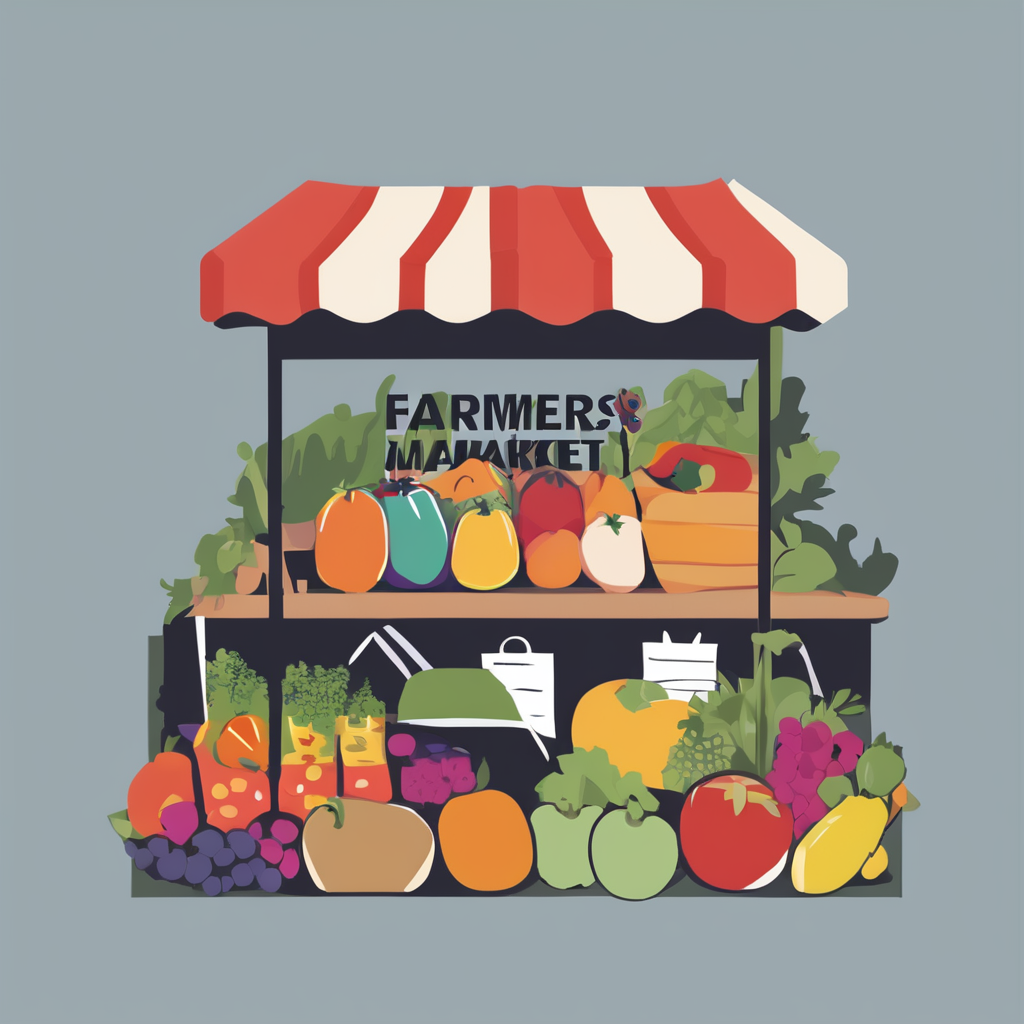Unique Craftsmanship and Heritage in UK Kitchen Products
The UK craftsmanship tradition in kitchen products stands out for its deep roots in British kitchen heritage. This heritage embraces artisanal kitchenware, where traditional skills have been painstakingly passed down through generations. Such craftsmanship prioritizes attention to detail, exceptional durability, and elegant design, reflecting British cultural values and aesthetics.
Artisanal kitchenware from the UK often showcases hand-finishing techniques that elevate everyday items into heirloom-quality pieces. The influence of British heritage is particularly evident in the balance of function and form, combining utility with timeless style. Notable examples include bespoke wooden spoons, enamel cookware, and finely woven linen kitchen textiles, often crafted by well-established UK artisanal brands.
Additional reading : What Are the Latest Innovations in UK Kitchen Product Designs?
These brands maintain manufacturing techniques that emphasize traditional skills, frequently using methods unchanged for centuries, while still meeting modern demands. UK kitchen products, therefore, offer more than utility—they embody a cultural narrative of proud craftsmanship. This makes them uniquely valuable in both domestic and international markets, where the authenticity of British artisanal kitchenware remains highly prized.
Use of High-Quality and Locally Sourced Materials
UK kitchen products often showcase a strong commitment to quality materials and sustainable sourcing practices. Artisanal kitchenware brands prioritize sourcing durable, premium materials within the UK, supporting not only product longevity but also reducing environmental impact. This reliance on UK-made materials ensures a level of craftsmanship tightly linked to local availability and traditional knowledge of material handling.
In parallel : Wholesale coffee beans: sourcing, quality, and the essentials for successful bulk purchasing
Local resources contribute significantly to sustainability. For example, British hardwood and natural fibers sourced from regional suppliers reduce transport emissions and support the local economy. These choices align with growing consumer demand for environmentally responsible products without compromising quality.
UK material standards also tend to be stricter compared to many international imports, emphasizing durability and safety. British kitchen heritage stresses materials that age gracefully, such as seasoned woods and high-grade metals, which align with artisanal kitchenware’s reputation for lasting beauty and function.
In summary, the combination of quality materials and sustainable sourcing deeply influences the reputation of UK craftsmanship, underpinning both product excellence and environmental responsibility.
Innovative and Traditional UK Design Approaches
The hallmark of kitchen design innovation in the UK lies in a seamless fusion of classic British style with cutting-edge functionality. British kitchens balance heritage aesthetics—such as elegant, understated finishes and traditional motifs—with modern kitchen solutions like modular storage and smart appliance integration. This creates spaces that feel timeless yet highly practical.
UK design philosophy prioritizes intuitive usability alongside visual appeal. Unlike many global trends that focus heavily on minimalism or ultra-modern looks, British kitchen design often honours familiar forms but refines them for today’s needs. For example, bespoke cabinetry combines handcrafted detailing with concealed compartments and energy-efficient lighting, illustrating this synergy.
Innovations from UK-based brands include adaptable kitchen islands and ergonomic utensils that respect traditional handcraft but enhance user comfort. This approach preserves the spirit of artisanal kitchenware while embracing technology and lifestyle changes.
In essence, kitchen design innovation in the UK reflects an understanding that style and functionality need not be mutually exclusive. The enduring appeal of classic British style paired with forward-thinking solutions continues to influence both domestic kitchens and international markets looking for reliable, elegant, and smart kitchen design.
Commitment to Eco-Friendliness and Sustainable Manufacturing
UK artisanal kitchenware strongly emphasizes eco-friendly kitchen products through sustainable manufacturing practices that align with stringent UK environmental standards. Many UK brands adopt green production methods such as reducing waste, using renewable energy, and employing non-toxic finishes. These efforts not only minimize environmental impact but also enhance product longevity and safety.
UK regulations encourage manufacturers to source materials responsibly and maintain low carbon footprints. This includes adherence to strict controls on emissions and chemical use, ensuring kitchen products meet high environmental standards from raw material sourcing through to final assembly. Brands committed to sustainability often collaborate with local suppliers to reduce transportation emissions, directly supporting the UK’s eco-friendly initiatives.
The impact of sustainable manufacturing extends beyond environmental benefits; it increases consumer confidence in product quality and promotes the appeal of eco-friendly kitchen products in an increasingly green-conscious market. Customers seeking reliable, beautiful, and responsible kitchenware find UK brands meet these criteria by balancing tradition with innovative, environmentally sound processes. This combination sets UK kitchen products apart in both domestic and international markets.
Safety Certifications and Local Manufacturing Standards
Understanding kitchen product safety in the UK involves recognizing strict UK manufacturing standards that govern artisanal kitchenware. These standards require thorough testing and certification to ensure products are safe, durable, and fit for use in domestic kitchens. For example, kitchen tools and cookware often undergo assessments for heat resistance, material toxicity, and mechanical integrity.
UK safety certifications include compliance with British Standards (BS) and often align with European Norms (EN), setting high benchmarks not always met by international imports. This regulatory framework guarantees that products meet stringent quality and safety criteria, covering everything from raw materials to final assembly.
Local compliance enhances consumer trust by assuring buyers that kitchen products from UK brands are reliable and safe. Unlike markets with looser regulations, UK manufacturing standards actively reduce risks of contamination or malfunction, important in food-related environments.
In summary, the emphasis on kitchen product safety and adherence to rigorous UK manufacturing standards strengthens the reputation of British artisanal kitchenware. It distinguishes UK-made items as dependable choices in both domestic and international markets, fostering confidence through consistent, certified quality.
Leading UK Kitchen Brands and International Comparisons
British kitchen brands have earned a reputation for blending UK craftsmanship with innovation, distinguishing themselves from many international alternatives. Prominent UK-made manufacturers emphasize artisanal techniques paired with modern production efficiency. Brands like Falcon and Le Creuset UK showcase how traditional skills evolve, producing kitchenware that balances heritage and contemporary needs.
UK-made kitchen products stand out for their focus on durability and aesthetic quality, often outlasting and out-performing comparable imports. This is largely due to stricter UK manufacturing standards, ensuring reliability and safety. Customers seeking trustworthy kitchenware frequently prefer UK brands because of rigorous testing and certified materials, setting them apart from products with less robust quality control.
When compared internationally, British kitchenware often offers a unique combination of craftsmanship and innovation. While imports might emphasize price competitiveness or trendy designs, UK-made items prioritize lasting value and timeless aesthetics. Additionally, many British kitchen brands incorporate sustainable sourcing and eco-conscious production, reflecting broader UK priorities.
In summary, the distinction between UK-made and imported kitchenware highlights the British commitment to excellence, reliability, and responsible manufacturing—features that resonate strongly with discerning domestic and global consumers alike.



